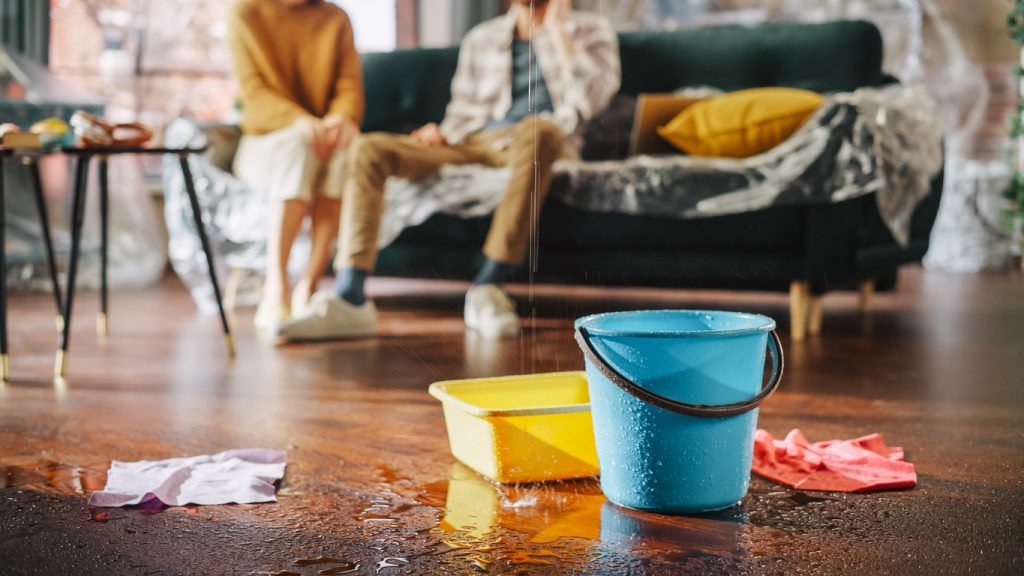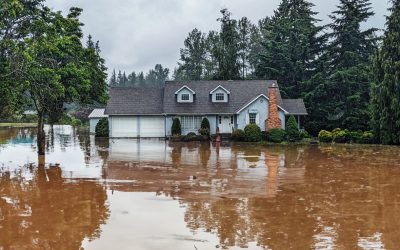Which Water Damage Claim Tips Can Prevent Claim Rejection?
Water damage is one of the most common and costly issues faced by Florida homeowners. Whether it’s a burst pipe, roof leak, appliance failure, or flood, the financial burden can be heavy. That’s where your home insurance steps in—if your claim is filed correctly. But many policyholders are shocked to find their claims delayed, underpaid, or outright denied. The good news? You can protect your rights and increase your chances of success with a few essential water damage claim tips.
In this blog, we’ll break down the most effective water damage claim tips to help you avoid mistakes and prevent your claim from being rejected.
Understanding Why Water Damage Claims Get Denied
Before diving into the tips, it’s important to understand why insurance companies deny water damage claims in the first place. While every case is different, here are some of the most common reasons:
- Delayed reporting of the damage
- Insufficient documentation
- Exclusions in the policy (e.g., gradual damage, mold, or maintenance issues)
- Claims classified as “pre-existing damage”
- Policy lapses or lack of coverage
- Making repairs before the adjuster visits
- Filing an incomplete or inconsistent claim
Knowing these pitfalls is the first step to avoiding them—and that’s where smart, proactive water damage claim tips come in.
Tip #1: Act Fast and Notify Your Insurer Immediately
Time is critical when dealing with water damage. Waiting too long can not only worsen the problem, but also give your insurer a reason to deny the claim due to delayed reporting.
✅ Best Practices:
- Call your insurance provider as soon as the damage is discovered
- Ask for a claim number and adjuster contact
- Request written confirmation that the claim is being processed
Water damage claim tips always start with prompt action, as most policies require timely notice of loss. Delays can be used as justification to limit or deny your payout.
Tip #2: Document Everything Thoroughly
Your phone is your best friend after discovering water damage. Take detailed photos and videos before any cleanup begins. Good documentation can make or break your case.
📸 What to Document:
- The source of the damage (pipe, appliance, leak, etc.)
- Affected areas (walls, flooring, ceilings, belongings)
- Visible mold or structural weakening
- Timestamped photos for credibility
- Invoices or receipts for emergency services or cleanups
This is one of the most critical water damage claim tips, especially if your insurance adjuster disputes the severity or origin of the damage.
Tip #3: Don’t Start Permanent Repairs Too Soon
It’s natural to want to fix the damage right away. But unless it’s an emergency repair to prevent further damage, hold off until the insurance adjuster has completed their inspection.
⚠️ What Not to Do:
- Remove water-damaged materials before photographing
- Begin flooring or drywall replacement
- Paint or conceal affected areas
Starting repairs prematurely may be used as a reason to reduce your settlement, claiming the damage couldn’t be evaluated.
Tip #4: Mitigate Further Damage Immediately
While you should avoid major repairs, your policy requires you to prevent additional loss. In fact, failing to mitigate damage can result in claim denial or reduced compensation.
✅ How to Mitigate:
- Shut off the water source
- Use towels, mops, or wet/dry vacuums
- Place tarps or covers over exposed areas
- Run fans or dehumidifiers to reduce moisture
- Save receipts for mitigation materials or services
Effective water damage claim tips are all about balance: preventing further harm without making permanent changes that could impact your claim review.
Tip #5: Understand What Your Policy Covers (and What It Doesn’t)
Not all water damage is treated equally in the insurance world. One of the most overlooked water damage claim tips is reading your policy carefully before filing.
📄 Typically Covered:
- Sudden plumbing failures
- Appliance malfunctions (dishwashers, water heaters, etc.)
- Storm-driven rain entering through a damaged roof or window
- Overflowing toilets or sinks (if not due to neglect)
🚫 Typically Not Covered:
- Flooding (requires separate flood insurance)
- Gradual leaks or deterioration over time
- Mold resulting from poor maintenance
- Poor workmanship or code violations
Tip: If you’re unsure about what’s covered, consult a public adjuster before filing. They can review your policy and advise on the best approach.
Tip #6: Be Consistent and Clear When Communicating
When speaking with your insurer, be clear, concise, and consistent. Conflicting information can cause confusion or raise red flags.
📞 Communication Tips:
- Write down names, dates, and summaries of all conversations
- Keep emails and texts organized and backed up
- Don’t guess or estimate damages—use verified information
- Stick to the facts and avoid overexplaining
When it comes to water damage claim tips, clarity is key. Even honest mistakes in communication can complicate your claim or extend the process unnecessarily.
Tip #7: Don’t Accept a Lowball Offer Without Review
Insurance companies sometimes offer less than what you’re owed—especially if the estimate doesn’t include hidden damage or proper restoration.
🔎 What to Do:
- Request a detailed breakdown of the insurer’s estimate
- Get multiple independent repair estimates
- Hire a public adjuster to evaluate the true value of your loss
- Appeal or challenge the offer if it seems unfair
This is one of the most important water damage claim tips—never settle for less than what’s required to fully restore your home.
Tip #8: Don’t Go It Alone—Hire a Public Adjuster
Filing a water damage claim can feel like you’re speaking a foreign language. From confusing policy jargon to negotiating estimates, the process is complex.
That’s why one of the most effective water damage claim tips is to work with a licensed public adjuster who advocates for your best interest—not the insurance company’s.
🎯 How a Public Adjuster Helps:
- Assesses and documents all damages
- Reviews your policy for full coverage potential
- Files and negotiates the claim for you
- Handles denials, delays, and lowball offers
- Maximizes your payout while reducing stress
At Care Public Adjuster, we help Florida homeowners get the fair settlements they deserve for water damage and other covered losses.
Common Water Damage Claim Mistakes to Avoid
Here’s a quick summary of what not to do:
❌ Delaying notification
❌ Failing to document damage
❌ Making unauthorized repairs
❌ Providing inconsistent info
❌ Ignoring your policy’s fine print
❌ Accepting the first offer without review
Avoiding these missteps can drastically reduce the risk of claim rejection or unnecessary delays.
Conclusion: Use These Water Damage Claim Tips to Protect Your Home and Claim
Water damage can feel like a nightmare—but navigating the insurance process doesn’t have to be. With the right knowledge and a little preparation, you can ensure your claim is handled fairly, quickly, and successfully.
These water damage claim tips are designed to help you prevent common mistakes, understand your rights, and take control of your insurance experience. If you’re facing water damage and need expert guidance, don’t go it alone.
We advocate for Florida homeowners—and we’re ready to fight for you.



